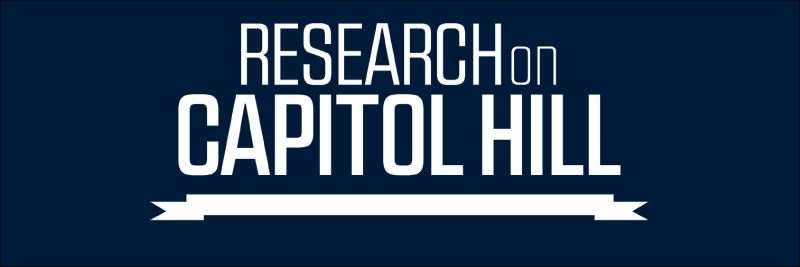Expected Graduation Year
2019
College
Jon M. Huntsman School of Business
Department
Applied Economics Department
Faculty Mentor
Ryan Yonk
Abstract
The Effect of Occupational Licensing on Women and Minorities in Utah
Jacob Caldwell, Colton Cowan, Olivia Mackelprang, Fiona Harrigan
All state governments require occupational licenses in order to work in certain fields. Previous research and economic theory suggest occupational licenses are used to restrict the entry of workers into a chosen field, thus lowering the competition in a certain field (Young, 2012). Though costly to the licensed businesses, the lowered competition results in the ability to charge higher prices which may result in a net gain for the licensee (Stigler, 1971; Peltzman, 1976).We collect, analyze, and create an index from data on Utah's licensed occupations to explore how occupational licensing affects women and minorities. In our ordinary least squares regression we focus on price to submit an application, years of training, and cost of necessary exams to determine which fields were most impacted by occupational licensure. We then compare the data we used with the demographic data of workers in those fields. We find that women and minorities are disproportionately affected - meaning they bear more of the costs from occupational licensing than other segments of the population. This suggests laws meant to protect the population can sometimes come at the cost of other segments of the population.
Young, David S. (2002). Occupational Licensing. Library of Economics and Liberty. Retrieved from: http://www.econlib.org/library/Enc1/OccupationalLicensing.html#abouttheauthor
Peltzman, Samuel. (1976). Toward a more general theory of regulation. The Journal of Law & Economics, Vol. 19, 211-240.
Stigler, George J. (1971). The Theory of Economic Regulation. The Bell Journal of Economics and Management Science, Vol. 2, No. 1. 3-21.
Faculty Mentor:
Ryan Yonk: ryan.yonk@usu.edu
Document Type
Article
Publication Date
2017
Recommended Citation
Caldwell, Jacob; Cowan, Colton; and Abercrombie, Olivia, "The Effect of Occupational Licensing on Women and Minorities in Utah" (2017). Research on Capitol Hill. Paper 60.
https://digitalcommons.usu.edu/roch/60


